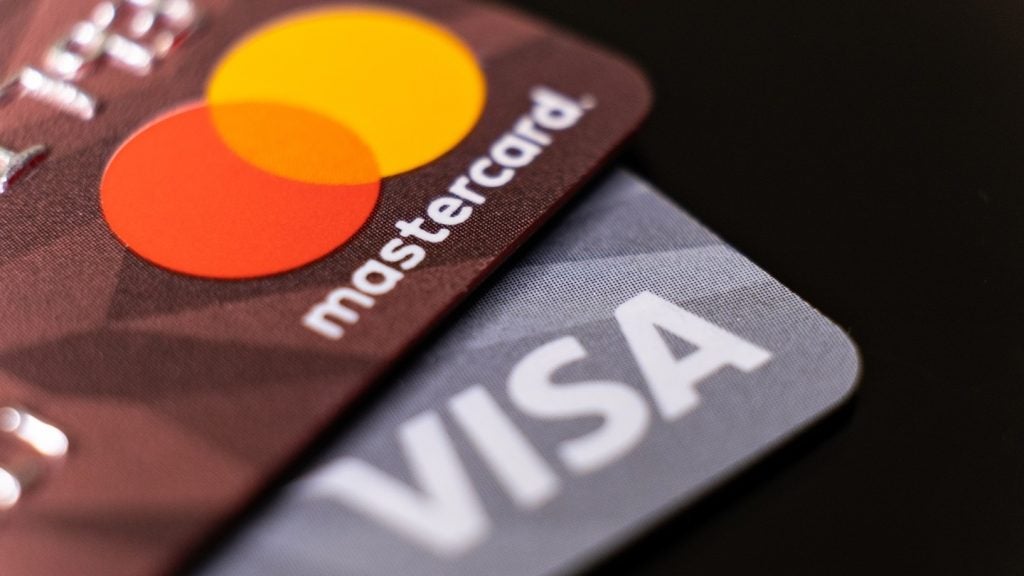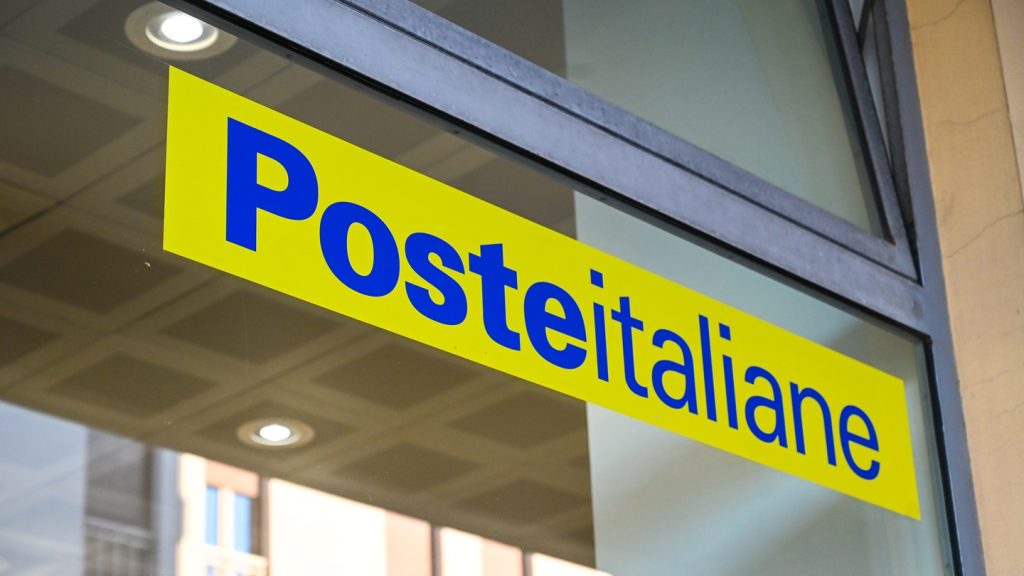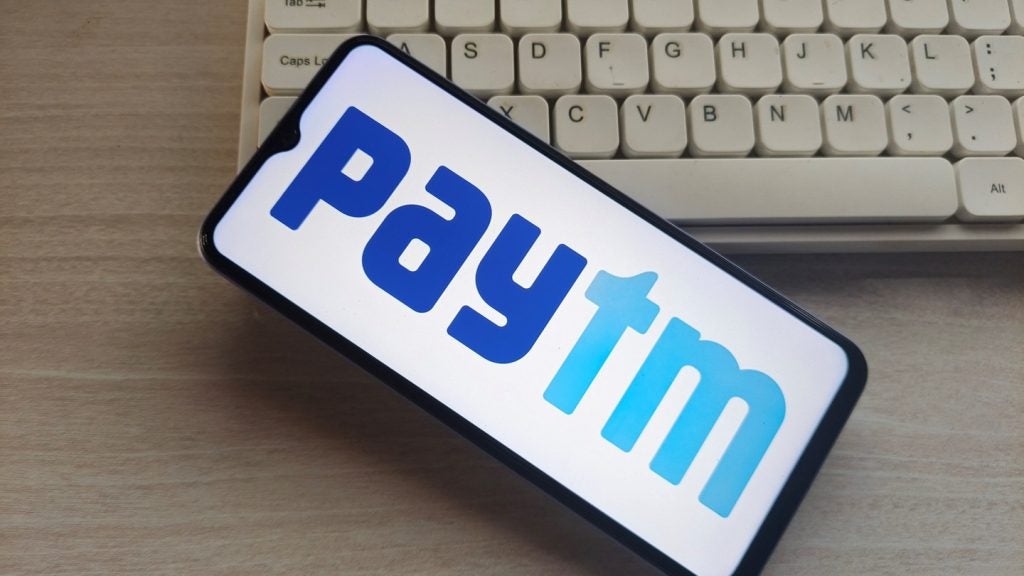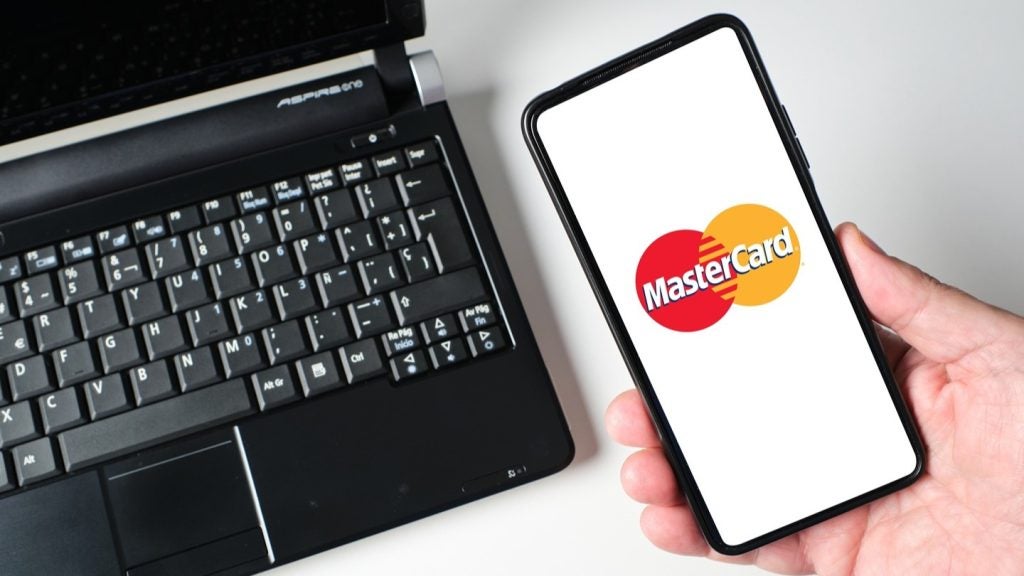Walmart de Mexico is entering Mexico’s credit card
market with a general-purpose card, looking to tap in to rapidly
increasing demand. The business is moving into competition with
banking heavyweights including HSBC, Santander and BBVA, and also
faces regulatory challenges. Robin Arnfield reports.

Access deeper industry intelligence
Experience unmatched clarity with a single platform that combines unique data, AI, and human expertise.
Walmart’s Mexican banking operation
Banco Walmart has launched two MasterCard-branded credit cards in a
bid to capitalise on growing demand for consumer credit in Mexico.
But the US-owned retail giant will face a series of challenges,
both regulatory and competitive.
“The number of consumers eligible
for a credit card in Mexico is experiencing double-digit growth
year-on-year,” says Les Riedl, CEO of Atlanta, Georgia-based
consultancy Speer & Associates.
“There is a constant progression of
unbanked and underbanked consumers into the formal economy who now
qualify for banking products such as credit cards. In 2005, there
were 5m individuals eligible for credit cards in Mexico, and this
number has more than doubled since then.”
According to Banco de México,
Mexico’s central bank, there were 11.86m open-loop credit card
accounts in Mexico at the end of 2009

US Tariffs are shifting - will you react or anticipate?
Don’t let policy changes catch you off guard. Stay proactive with real-time data and expert analysis.
By GlobalDataTwo versions of Banco Walmart’s
Super Tarjeta (Spanish for card) MasterCards are available: a
Classic version, and the Bodega Aurrera version. Both have
identical terms and conditions and their reward programmes are the
same, says Antonio Ocaranza, Walmart Mexico’s director of corporate
communications.
Given that Walmart is trying to
promote the Bodega Aurrera convenience store brand, it makes sense
that there is a separate credit card under the Bodega Aurrera
brand, Riedl says.
The annual fee of MXN250 ($20) for
the two MasterCards has to be paid in three instalments. The
interest rate is 60%, or 45% for ‘preferred’ customers.
“The benefit with our new
MasterCards is that, when you make your purchases at stores, clubs
and restaurants in the Walmart Mexico Group – Bodega Aurrera, Sam’s
Club, Suburbia, Superama, Vips and Walmart – you receive a rebate
of 2-5% of the value of your shopping,” says Ocaranza.
“You also get access to special
promotions.”
The Walmart group also offers
Walmart-branded gift cards and two private-label credit cards –
Tarjeta Walmart and Tarjeta Suburbia – for use at its outlets in
Mexico. In addition, since 2008, Sam’s Club Mexico has had a Sam’s
Style MasterCard. The private-label cards and the Sam’s Style
MasterCard are offered through a partnership with Mexico’s BBVA
Bancomer.
The launch of the new MasterCards
is part of a marketing exercise to promote Banco Walmart’s
offerings to Mexican consumers.
Value
proposition
“Earlier this year, we launched an
intensive publicity campaign on radio, TV, the Metro and on trucks,
which promotes Banco Walmart’s new image and value proposition,”
says Ocaranza.
“The bank now offers flexible
opening hours; branches open on weekends; a reward programme for
our credit cards; and cash withdrawals, deposits, balance
inquiries, and payment of bills in the Walmart group’s 19,000
outlets in Mexico.”
Separately, in March 2010, Walmart
said it planned to open 300 new stores in Mexico and also 160 new
Banco Walmart in-store branches in the country (see CI
437).
Ocaranza says Banco Walmart’s
products are designed to be simple and cost-competitive, and
targeted at consumers who are currently unbanked.
“For example, the Super Debito
savings account can be opened with a deposit of MXN50,” he
adds.
The account offers a
MasterCard-branded debit card that pays 1% bonus on purchases at
the Walmart group’s Mexican outlets.
“The C segment of the Mexican
population is entering the formal economy and is looking for basic
banking products,” Riedl says.
“It is this segment that Walmart
and the other banks owned by Mexican retailers are targeting with
their banking and credit card offers. Like other Mexican retailers,
Walmart is allowed to accept bank account deposits at the
point-of-sale, so this provides a cross-selling opportunity. When
customers make cash deposits, cashiers can offer them a credit
card.”
Analysts say Walmart will face a
number of problems in the Mexican credit card market.
“The market is crowded and it has
very high interest rates due to the massive levels of defaults seen
in Mexico,” TowerGroup analyst Brian Riley tells CI.
The top-five players, which include
Bancomer and Banamex, account for around 90% of the Mexican credit
card market, while default rates have been running at 15% in the
last two years.
According to Banco de México, the
range of credit card interest rates at the end of 2009 was between
26% and 67%, with the average being 32% in December 2009.
“When Walmart enters a market, it
tries to undercut the competition with lower prices,” Riley
says.
“But, given that interest rates for
credit cards are high because of high default rates, it will be a
challenge for Walmart to offer lower-cost credit cards than its
competitors.”
Not used to
losses
As a corporation, Walmart is not
used to dealing with business losses, so, if its Mexican credit
cardholders default, this will be difficult for Walmart, Riley
says.
“They will have to be careful how
they deal with defaulting credit cardholders, so they don’t
frighten them away, and they keep shopping at Walmart,” he
adds.
“Also, the Mexican credit reference
bureaux are not as reliable as US or UK bureaux.”
Riley adds that, in order for the
new MasterCard products to be profitable, customers will need to do
a very large number of their purchases – say 70% – using the cards
at Walmart group outlets.
“This is why Walmart has such an
attractive loyalty scheme for the cards,” he says.
Nevertheless, Banco Walmart, which
obtained its banking licence in 2006 and started opening branches
in 2007, may have been wise to delay the launch of its MasterCards
until 2010, Nelson Irizarry, an analyst with US consultancy First
Annapolis, tells CI.
Other Mexican retailers such as
Femsa which got banking licences at the same time as Walmart,
rushed into the open-loop credit card market, Irizarry says.
Many of the 13 new entrants to the
Mexican open-loop credit card market suffered big losses when
credit card receivables soared to MXN300bn at the end of 2007, with
a past due rate of 6.9%.
Receivables remained at MXN300bn at
the end of 2008, with a past due rate of 10.5%.
In October 2009, receivables had
fallen to MXN236bn with a past due rate of 9.6%, and to MXN227bn
and a past due rate of 8.7% in December 2009.
“That represents a big cleaning of
the house,” Irizarry says. “During 2009, Mexican credit card
issuers were busy shutting down individual card accounts and
closing off credit lines.”
A number of new issuers including
Spira and Chedraui effectively closed down their Mexican credit
card operations due to heavy losses, according to Irizarry.
“All the issuers let their credit
card portfolios suffer attrition while they tried to get the
delinquencies under control and manage their losses,” says
Riedl.
“They wanted to see what the bottom
of the market was going to be like. But now the end is in sight for
the problems in the market, and the big issuers are making
five-year plans for their portfolios.”
Strengthen
presence
In recent months, several Mexican
banks and retailers have been making announcements about credit
cards.
Nicole Reich, president of the
Mexican arm of Canada’s Scotiabank, told BusinessNews
Americas in April that the bank plans to make acquisitions in
order to strengthen its presence in the Mexican credit card
market.
“I think Scotiabank will get back
into the credit card market aggressively in Mexico,” Riedl
says.
The joint venture between JPMorgan
Chase and Mexican banking group Grupo Ixe Financiero, is now
building out its credit card platform, Irizarry says. Dow Jones
reported in March that Ixe plans to issue 80,000 new credit cards
through its Ixe Tarjetas joint venture with Chase this year.
In January, Brazil’s Banco Bradesco agreed to buy Mexican bank
Ibi Mexico in a bid to take advantage of rising credit demand in
Mexico. Ibi provides credit cards and consumer finance to customers
of the C&A retail chain (see CI 434).








